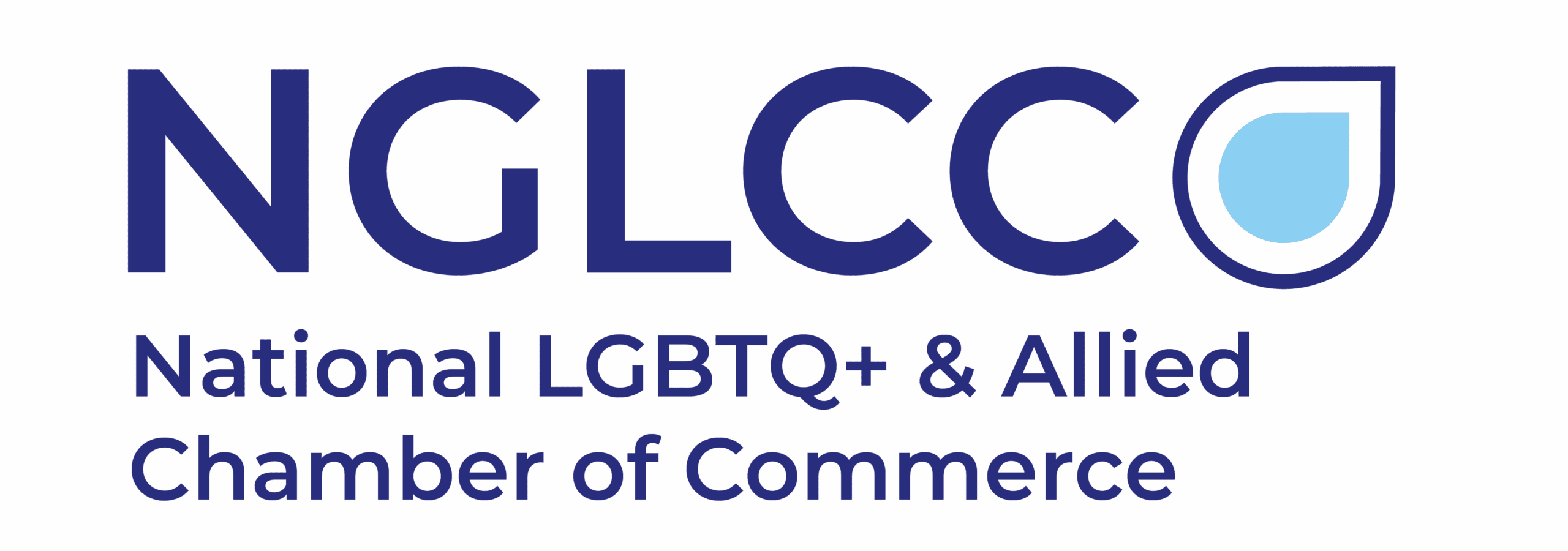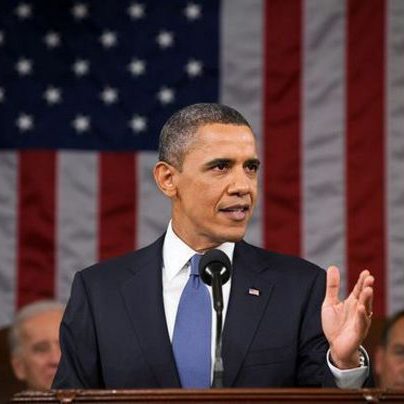Last night, President Barack Obama delivered his seventh State of the Union address, in which he laid out a vision for how America should move forward in the 21st century. As is traditional, the President highlighted a number of issues facing the American people, but a reoccurring message was the importance of the entrepreneurial spirit and the role that small business plays in the American economy. Responding to last night’s speech, NGLCC President Justin Nelson remarked, “This administration has been the best on record for LGBT issues. Moreover, there is no way to describe this State of the Union other than that this is a president who cares about small businesses and start up entrepreneurs as well as equality for all Americans. Economic justice is LGBT justice! Together let’s make this happen.” In that vein, NGLCC wanted to provide a quick analysis of the State of the Union and what the President’s proposals mean for small business owners in general, and LGBT business owners in particular. Here are five parts of the State of the Union that could have big impacts on the LGBT business community.
1). Training a competitive workforce for the 21st century
President Obama introduced his plans for American education by looking back at the 20th century. The American economic miracle of the last century was driven by universal secondary education, a generation of college educated GIs and a skilled work force. For America to thrive in the 21st century, we need to build on that tradition. As NGLCC Vice President of Affiliate Relations & External Affairs, Sam McClure, said “Business owners know there’s a war for talent out there. It’s challenging to find high quality skilled talent especially in science, technology, engineering, and math (STEM). More training for our workforce is essential to the strength of our economy. Our education systems must prepare people to work.” President Obama’s proposal for accessible community college would allow just that, without saddling students with insurmountable debt. Entrepreneurial graduates could start their own companies or develop innovative new products free from the threat of debt and bankruptcy. An educated and technically competitive workforce, unbridled by student loans, is the engine of industry. The President also touted the benefits of updating the American job training system, with an emphasis on apprenticeships and academic-business partnerships, in which academic credits are awarded for job training in key industries, such as programming, healthcare, and robotics.
NGLCC corporate partner UPS was given as an example of companies using creative apprenticeships to strengthen the workforce.
2). Protecting and Expanding Internet Access
It will not come as a surprise that the internet is vital to small business. It allows entrepreneurs to reach new markets and consumers, speed up turnaround time, and increase efficiency. Last night President Obama encouraged Americans to “build the fastest networks so that the next generation of digital innovators and entrepreneurs have the platform to keep reshaping our world.” This means guaranteeing competition in the high speed internet industry, which would allow individuals and businesses to select internet providers with the best service and price, instead of being stuck with the provider that dominates the local market. Moreover, in the weeks leading up to the State of the Union, the President reiterated the importance of net-neutrality, especially for small business. Maintaining net-neutrality means that small business websites have the same access to bandwidth and upload/download speed as internet giants like Netflix and Amazon. In essence net-neutrality gives small business a fair chance to compete in the digital marketplace.
3). Redrawing the Tax Code to Encourage Middle Class Growth
Tax reform, according to President Obama, is one of the areas where he hopes Congress can come together for a bipartisan solution. Whatever that eventual debate looks like, there are a few proposals in the State of the Union address that would benefit small business. The President called on lawmakers to “simplify the system and let a small business owner file based on her actual bank statement, instead of the number of accountants she can afford.” According to Sam McClure “Tax reform is on the radar of businesses of all sizes, at the corporate level as well as small businesses owners, many of whom operate in corporate supply chains. It’s time for a robust dialogue that moves us towards a simpler tax code that promotes long term sustainable economic growth at all levels.” Second, the President urged Congress to “stop rewarding companies that keep profits abroad, and reward those that invest here in America.” Tax codes that encourage domestic production and supplier diversity would greatly benefit small business. Lastly, the President proposed that massive corporate loopholes be closed and that the money saved be reinvested in America by revamping vital infrastructure. Better infrastructure makes American industry more efficient, which not only helps the bottom line, but also makes America competitive location for foreign investment.
4). Establishing Trade Deals that Level the Playing Field
President Obama was adamant that “Twenty-first century businesses, including small businesses, need to sell more American products overseas.” This sentiment echoes that of NGLCC President Justin Nelson, who at the 2014 National Business & Leadership Conference reiterated the fact that 96% of the world’s consumers live outside the US. He said “Put another way, if you are a small business owner and are only selling your product nationally across the U.S.—much less if you are selling locally—you are only tapping into some 4% of your earning potential.” American-made products are of the highest quality and American exporters “pay their workers higher wages,” but right now China is undercutting American industry by dominating the rules for trade in global markets. This imbalance puts “our workers and our businesses at a disadvantage.” In the speech, President Obama called for bipartisan support of new trade deals with Asia and Europe that are fair for American companies, encourage job growth at home, and benefit the global market.
5). Providing dignity and full Inclusion for the LGBT Community
Barack Obama made history by being the first president to ever specifically reference lesbian, bisexual, and transgender people in a State of the Union address. Mara Keisling, Executive Director of the
National Center for Transgender Equality remarked “It is very heartening that President Obama has chosen to speak up for transgender people in a State of the Union Speech about American values.” But President Obama went beyond just calling for respect for the LGBT community. For all intents and purposes, the President declared that the political debate over same-sex marriage is over. He said “I’ve seen something like gay marriage go from a wedge issue used to drive us apart to a story of freedom across our country, a civil right now legal in states that seven in ten Americans call home.” The President’s unfailing support of the LGBT community, and his support for same-sex marriage is not just good for LGBT couples, but also for business. A nationwide policy on same-sex marriages would undo the complex patchwork of laws that make taxes and filing a burden, both for individuals and businesses. It allows companies to relocate or expand across the country without worrying about the legal and tax ramifications for LGBT employees. Simply put, marriage equality is good for business.

